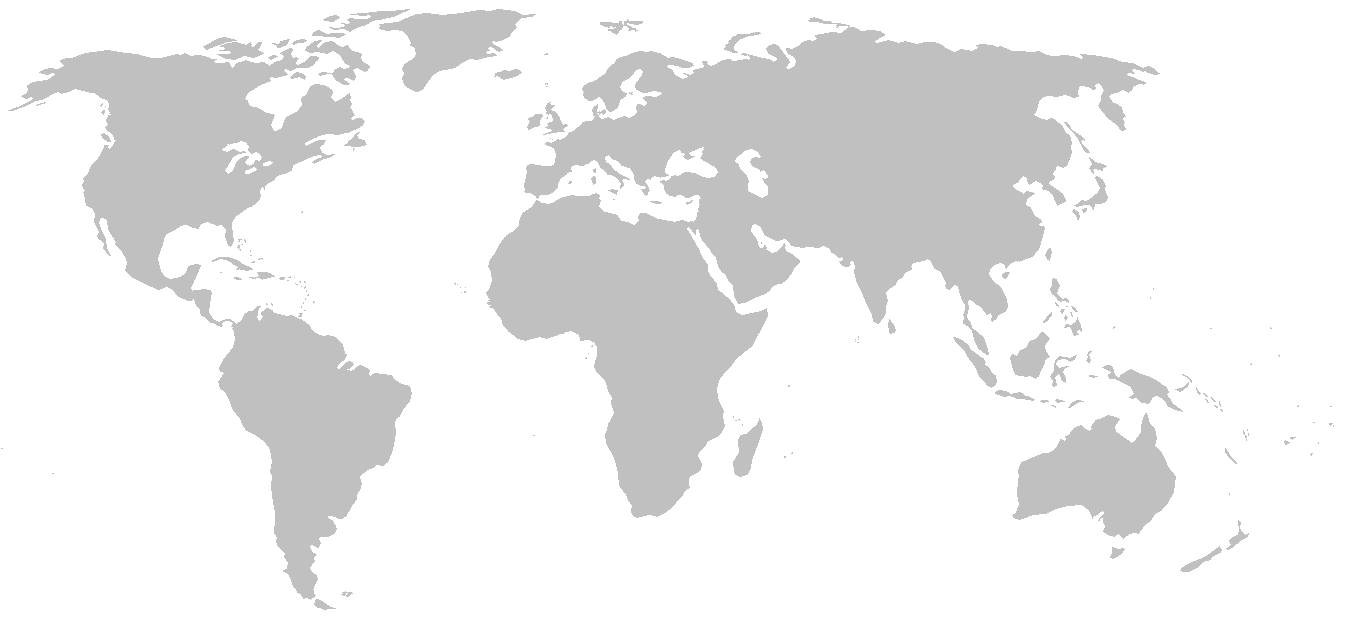Center Is Co-Convening 2024 Conference on Archives in/of Transit
The USC Dornsife Center for Advanced Genocide Research is one of the conveners for the conference “Archives in/of Transit: Historical Perspectives from the 1930s to the Present”, which will take place at the University of Southern California from June 28 to June 29, 2024.
Conveners:
Einstein Papers Project / California Institute of Technology (Jennifer Rodgers)
German Historical Institute Washington and its Pacific Office at UC Berkeley (Simone Lässig, Anna-Carolin Augustin, Swen Steinberg)
Holocaust Research Institute, Royal Holloway, University of London (Dan Stone)
Queen Mary, University of London (Jane Freeland)
Wiener Holocaust Library, London (Toby Simpson, Christine Schmidt) as part of the Holocaust and Genocide Research Partnership (HGRP)
USC Dornsife Center for Advanced Genocide Research (Wolf Gruner)
Cosponsors:
USC Shoah Foundation
Villa Aurora
Call for Papers:
Archives in/of Transit: Historical Perspectives from the 1930s to the Present
June 28-29, 2024
University of Southern California, Los Angeles
This workshop will explore new ways of thinking about archives, archival records, and other artifacts historians might use as primary sources to gain deeper insight into the history of migrants in transit and the knowledge they possessed, produced, transmitted, or lost. With a starting point in the history of Jewish migration from National Socialist-occupied areas, the workshop broadens out to investigate the experiences of refugees and migrants fleeing genocide, armed conflict, and persecution throughout the twentieth century.
Specifically, we use the idea of “lost knowledge” (Steinberg/Strobl) to ask how migrants who leave their homes try to convey both the sense of loss and the disorientation that accompany the navigation of new lived realities — from the geographical to the socio-cultural, political, and beyond — in correspondence or other materials that capture any aspect of their flight and migration.
More particularly, this workshop examines how migrants craft their words depending on who they are writing to and when. How do their letters, photographs, and other artifacts communicate their experiences both to their contemporary and future generations? How can we reframe personal documentation, visual (re)sources, artifacts, and other material culture of migrants as sites of knowledge production? What role do archives play in allowing us to ask and address these questions? And what happens to the “archive” in contexts of transoceanic forced migration, such as the Holocaust? How does migration challenge concepts of archival materiality and fixity and, further, how have the “material turn” and the new interest in soundscapes and the digital age not only complicated but also enhanced our research?
In this workshop, we will initiate discussions around these topics and others that bring together a transnational history of the Holocaust with studies of migrant knowledge in different contexts, including contemporary conflicts and migration. The conveners invite submissions from a variety of researchers, including not only historians but also archivists, librarians, heritage practitioners, digital humanists, and museum professionals. We are particularly interested in an interdisciplinary exchange of ideas and knowledge between fields, including practice-based community archives, to understand continuities and ruptures between historical frameworks and present-day practices. Themes of interest are listed in the full Call for Papers.
This conference will be an in-person only event. Accommodations will be arranged and paid for by the conference organizers. Participants are responsible for making their own travel arrangements. Funding subsidies for travel may be available upon request for selected scholars, especially those who might not otherwise be able to attend the workshop, including junior scholars and scholars from universities with limited resources.
The deadline for submissions is September 15, 2023.
View the full Call for Papers here.
